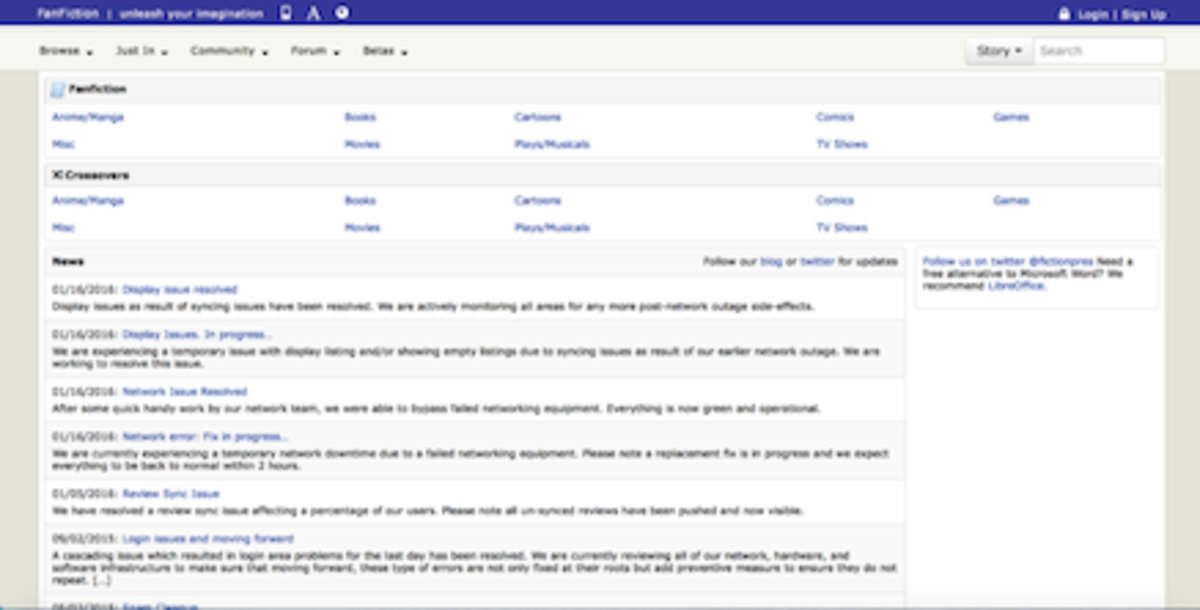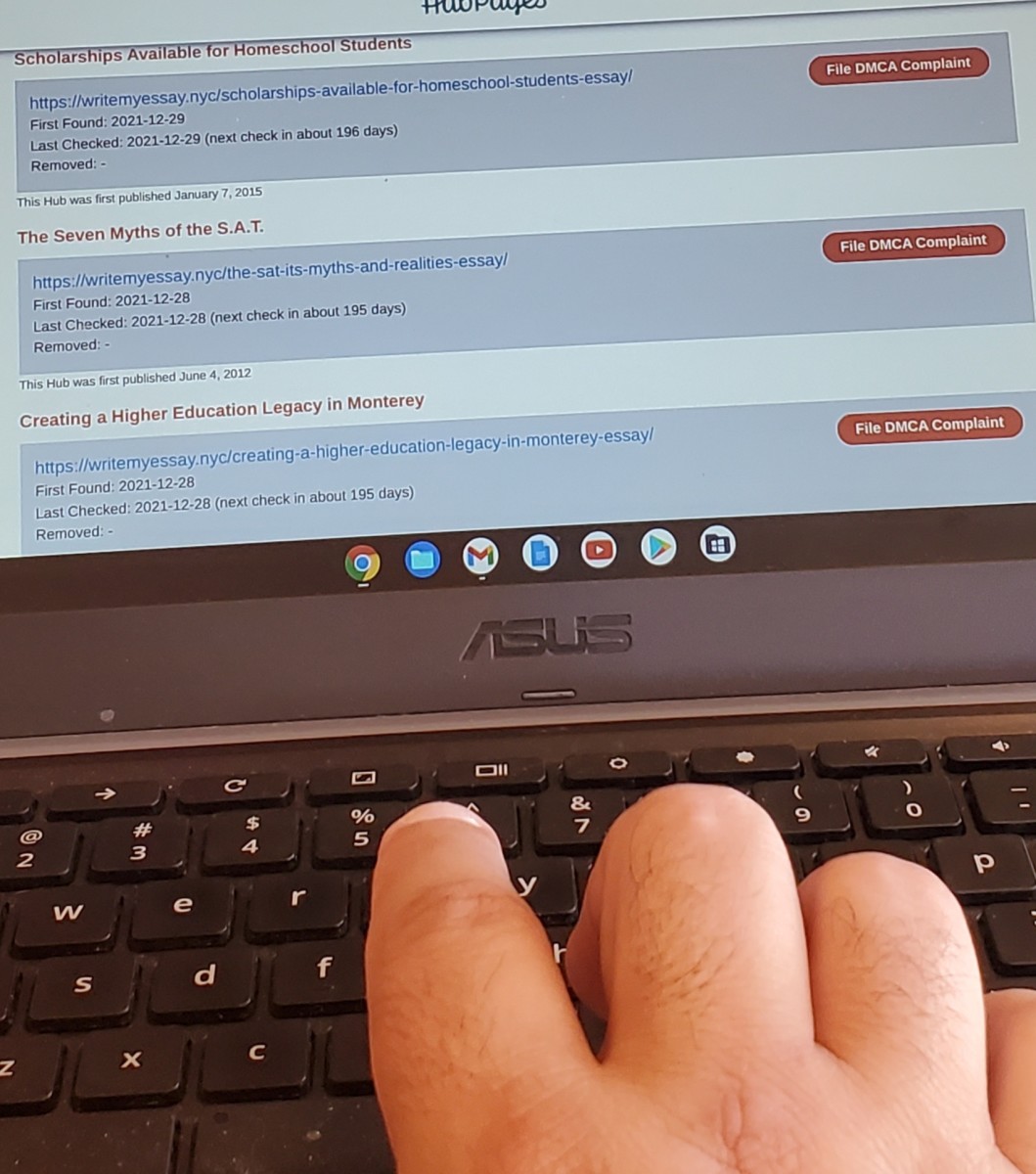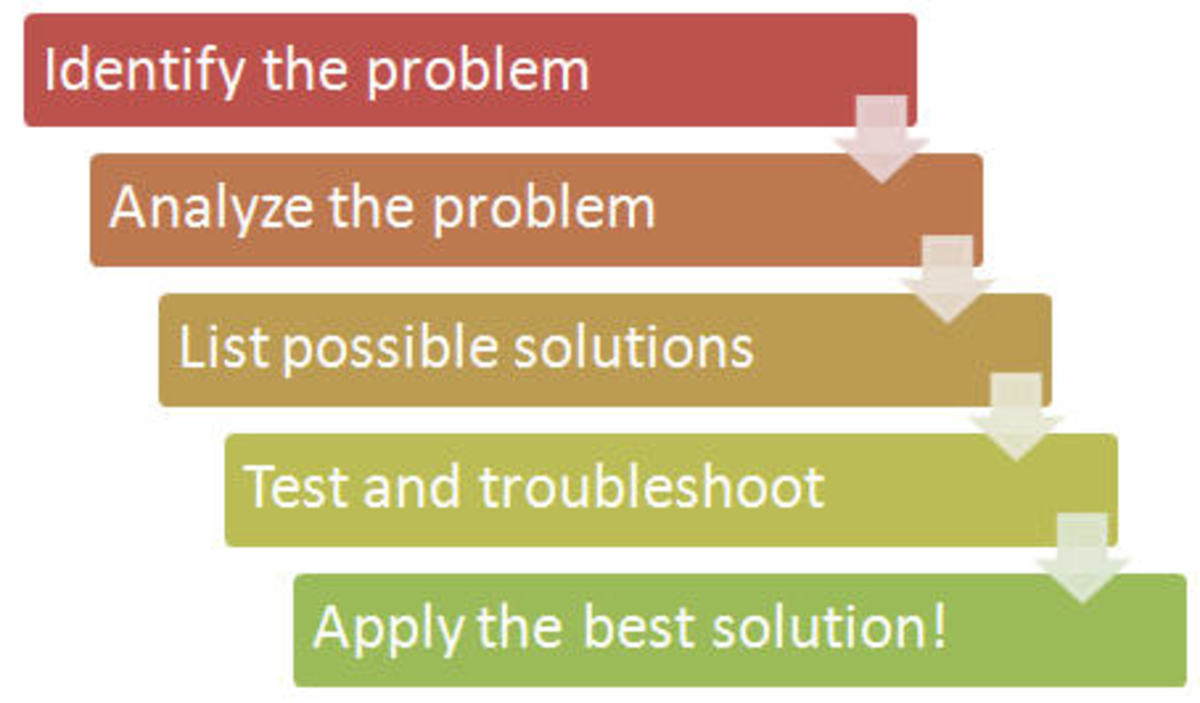How will our notions of intellectual property change if computers become capable of creative work?
In today’s perspective, there have been tremendous changes regarding the way businesses are done, thanks to technology advancement. Notable changes in workplaces and businesses include moving away from paper documentation to electronic ones, manual accounting, the use of special software in accounting processes, the moving away from carrier pigeons to many more changes. Further, computers have also been capable of a wide range of creative work subsequently making easy many business operations that used to be carried out manually. This paper evaluates the transformation of intellectual property from the creative work of computers. Information technology has greatly facilitated globalization, consequently impacting and transforming the regimes of intellectual property both locally and internationally. An evaluation of these impact and their potential outcomes are inevitably value driven. A number of analysts have foreseen the prospect of harmonization of the intellectual property laws, though there are also others who see the potential of disparity in political outcomes. Further, there are those who see a significant impact on these changes on sovereignty. A literature review indicates a tendency of the globalization of information and information technology leaning towards internationalization of intellectual property laws which will be strengthened. The studies also indicate a possibility of sovereignty notions being eroded with the economic benefits going towards transnational corporations and developed nations (Nayyer 4).
The creative capability of computers emanates from the software or program which had been created by someone. The author of the specific program/software possesses specific copyrights which prevents others from altering the work, copying, or using the work without permission. In accord to Anglo-American copyright laws, the creator of a computer program/software harbors a right to it by virtue of creating the work. There is no pre-requisite for registration in order to hold that right. Further, the copyright offers the author of the created work a monopoly to make any decision regarding his/her works. Moreover, copyright provides an attempt of balancing incentives for production and creativity with the availability of the domain of resources from where future creators and authors could draw (Gladney 12).
Until currently, there are three main global conventions which govern copyright laws. These are the Bene Convention which is under the administration of the World Intellectual Property Organization (WIPO) created in 1886 and the Trade Related Aspects of Intellectual Property (TRIPs) and finally the Universal Copyright Convention (UCC) which works under the jurisdiction of the United Nations Economic Social and Cultural Organization (UNESCO). The Bene convention requires that states which are signatory to this statute to provide copyright protection to authors in their own states as well as other states (Nayyer 3).
According to UCC, an author ought to be accorded copyright protection on the entirety of his/her life plus 25years or a maximum of 25 years as applied in the signatory states. On the other hand, the Bene Convention requires that the author be given copyright protection on the entirety of his life plus 50 years. Finally the Trade Related Aspects of Intellectual Property (TRIPs) which was established in 1994 in Uruguay is the most recent agreement on international copyright. This agreement extends the copyright protection of an author from by 70 years (Sassen 24).
This legal framework therefore provides a different perspective on what constitutes intellectual property rights. It is also apparent that digital information significantly departs from the traditional information as it was known. Consequently, this has necessitated a development of a new set of methodologies, laws and regulations pertaining to copyright so as to befit the new set of circumstances in regard to creations and creators of programs/software in information technology.







